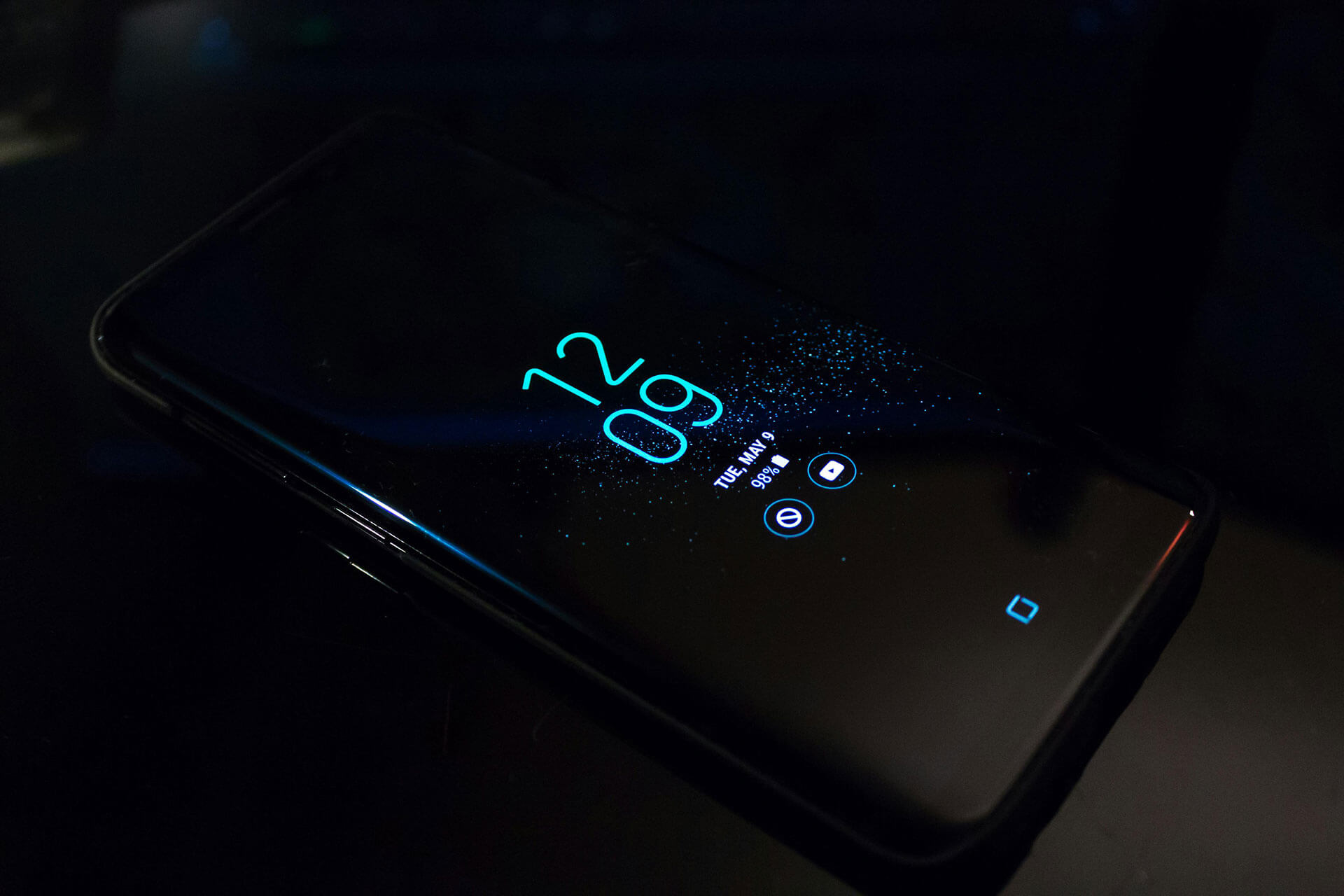As smartphones have become an integral part of our daily lives, the integration of artificial intelligence (AI) in mobile devices has emerged as a transformative force, reshaping the way we interact with technology. From enhancing personalization to optimizing performance, the development of AI in mobiles has ushered in a new era of user experience.
Personalized User Experiences
AI algorithms embedded in mobile devices are increasingly adept at understanding user preferences and behaviors. This allows for the delivery of personalized experiences, from suggesting relevant content to predicting user actions. Personal assistants powered by AI, such as Apple’s Siri, Google Assistant, and Samsung’s Bixby, have evolved to comprehend natural language, making interactions more intuitive and tailored to individual users.
Smarter Virtual Assistants
The capabilities of virtual assistants on mobile devices have grown significantly due to AI advancements. These virtual companions can now perform a myriad of tasks, from setting reminders and sending messages to providing real-time navigation and answering complex queries. AI-driven improvements in natural language processing and machine learning have elevated the efficiency and accuracy of these virtual assistants, making them indispensable tools for users.
Enhanced Photography and Imaging
AI has revolutionized mobile photography, introducing features that optimize image quality, scene recognition, and even creative effects. Smartphone cameras equipped with AI can identify objects, scenes, and faces, adjusting settings in real-time to capture the best possible shot. Features like AI-based image stabilization and night mode contribute to improved photography in various lighting conditions, empowering users to capture stunning moments effortlessly.
Predictive Analytics for App Functionality
AI algorithms are increasingly employed to predict user behavior within mobile applications. From anticipating the next app a user might open to suggesting features based on past interactions, AI enhances the overall usability of mobile applications. This predictive capability streamlines user interactions, saving time and providing a more seamless experience.
Efficient Power Management
AI plays a crucial role in optimizing power consumption on mobile devices. Machine learning algorithms analyze user habits and usage patterns to allocate resources efficiently, extending battery life. This not only enhances the overall user experience by reducing the need for frequent charging but also contributes to the sustainability of mobile technology.
Challenges and Considerations
Despite the many advantages, the development of AI in mobiles also raises challenges such as privacy concerns, potential biases in algorithms, and the need for robust security measures. Striking a balance between innovation and ethical considerations is essential to ensure that AI-powered mobile technologies benefit users without compromising their privacy or perpetuating inequalities.
In conclusion, the integration of AI in mobile devices represents a paradigm shift in how we engage with technology. From personalized user experiences to smarter virtual assistants and enhanced imaging capabilities, AI is redefining the capabilities of mobile devices, promising a future where smartphones become even more intuitive, efficient, and indispensable in our daily lives.

